Differences and similarities between words
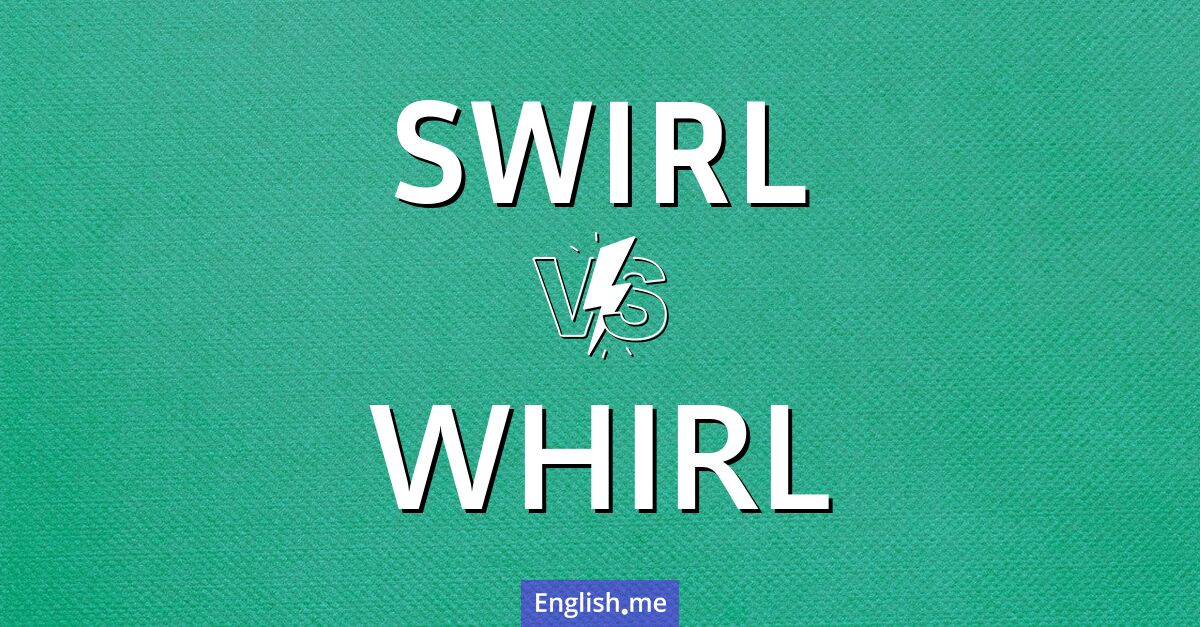
"Swirl" vs. "whirl": when words spin in different ways
"Swirl" usually emphasizes gentle, smooth, or repetitive circular movement, often ... Learn more →

"Bounty" vs. "reward": what sets them apart?
"Bounty" usually implies a reward that is often offered by ... Learn more →
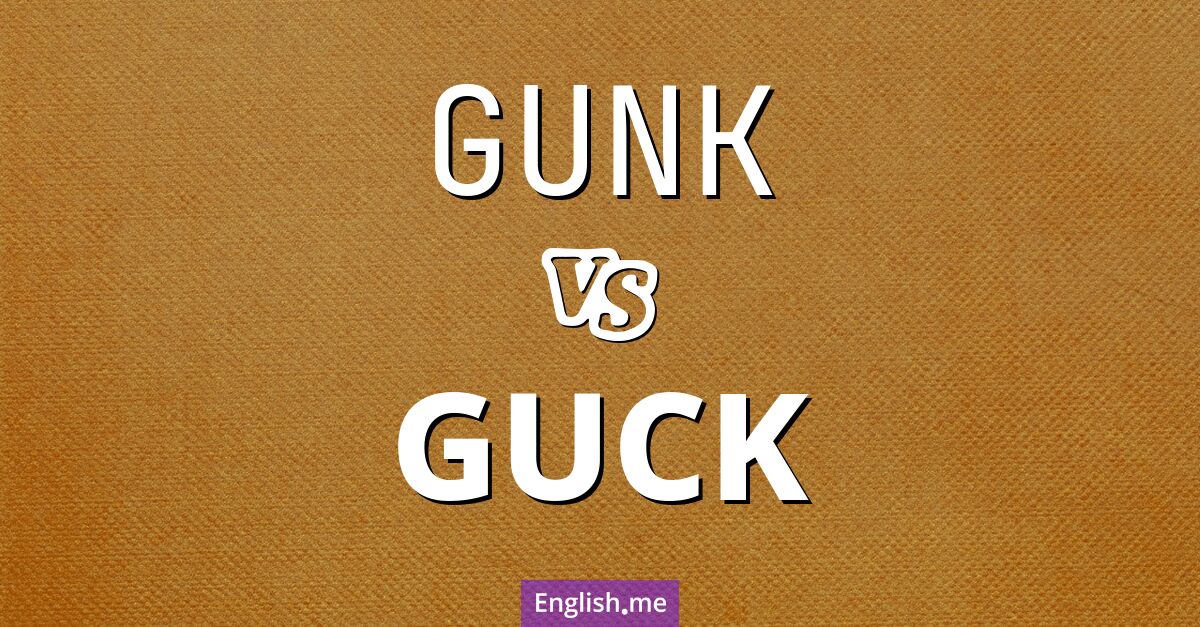
"Gunk" vs. "guck": sticky words compared
"Gunk" is more widely recognized and commonly used in English, ... Learn more →
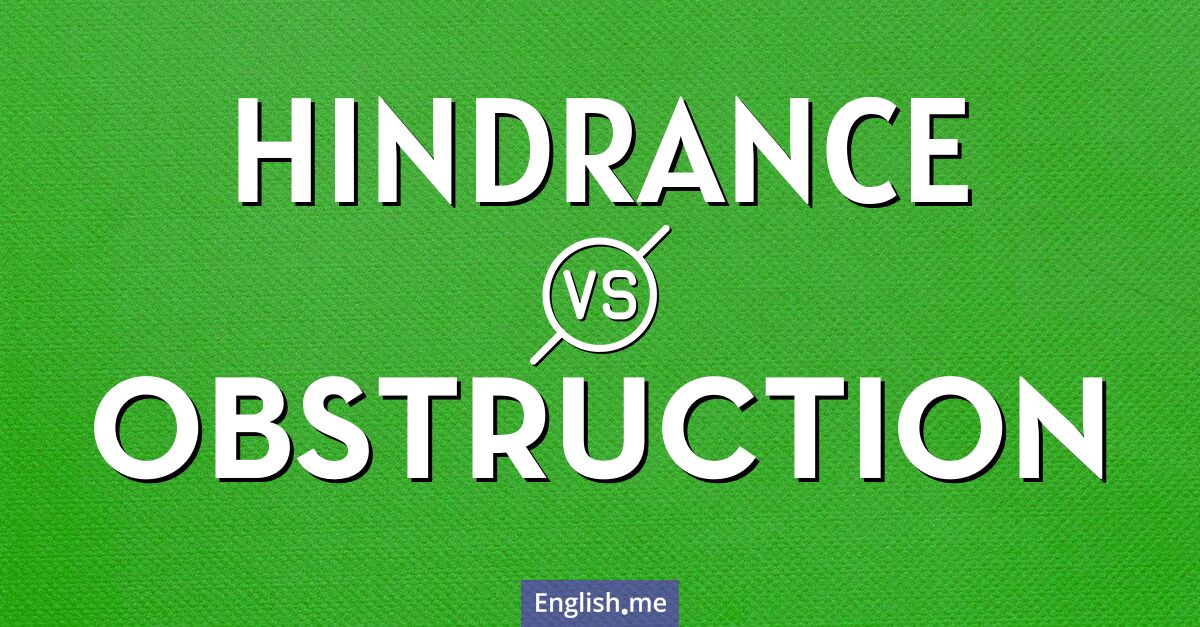
"Hindrance" vs. "obstruction": when words get in the way
"Hindrance" often implies something that makes a task or progress ... Learn more →
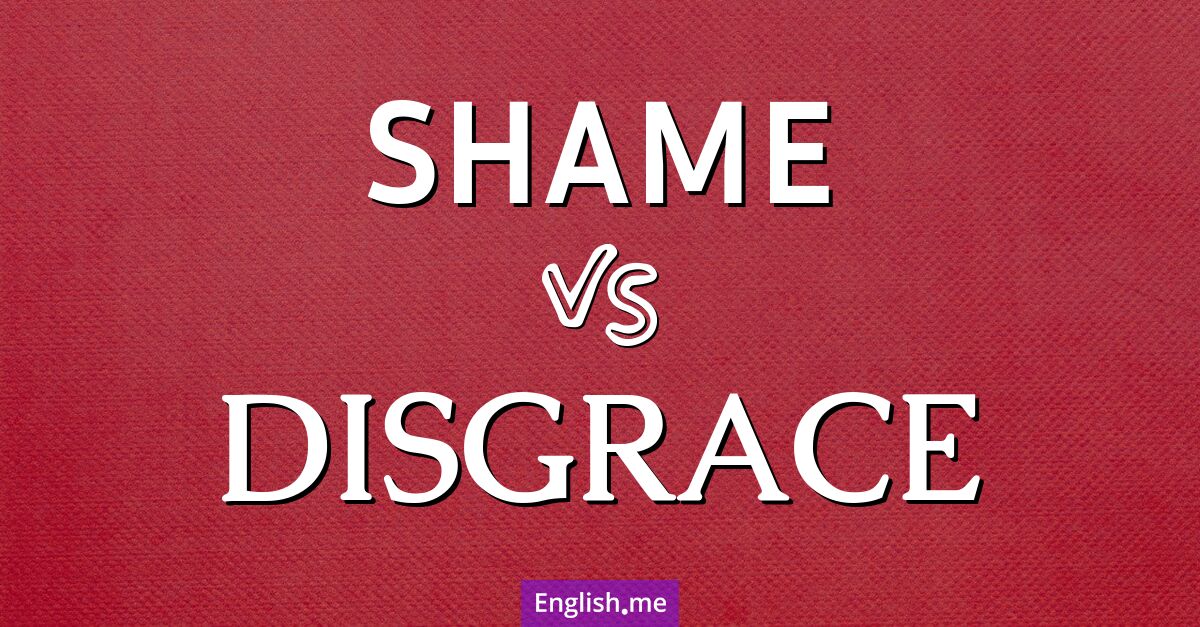
"Shame" vs. "disgrace": nuances of embarrassment and dishonor
"Shame" usually focuses on the internal emotional response someone feels ... Learn more →
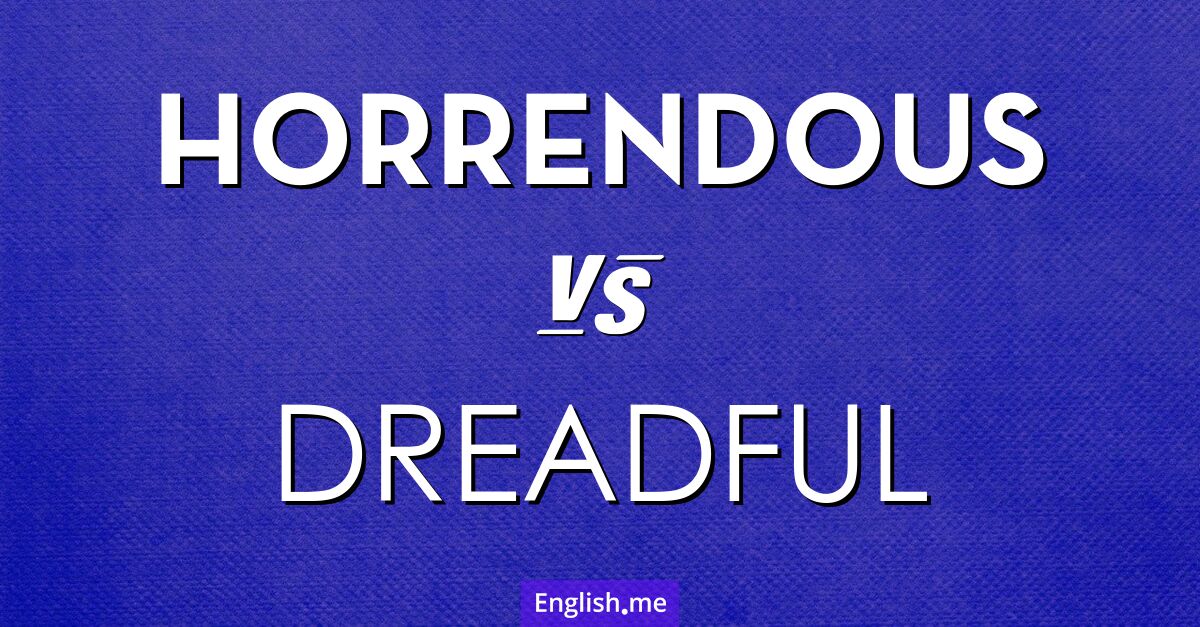
"Horrendous" vs. "dreadful": distinctions in describing the terrible
"Horrendous" is usually stronger in intensity and often implies something ... Learn more →
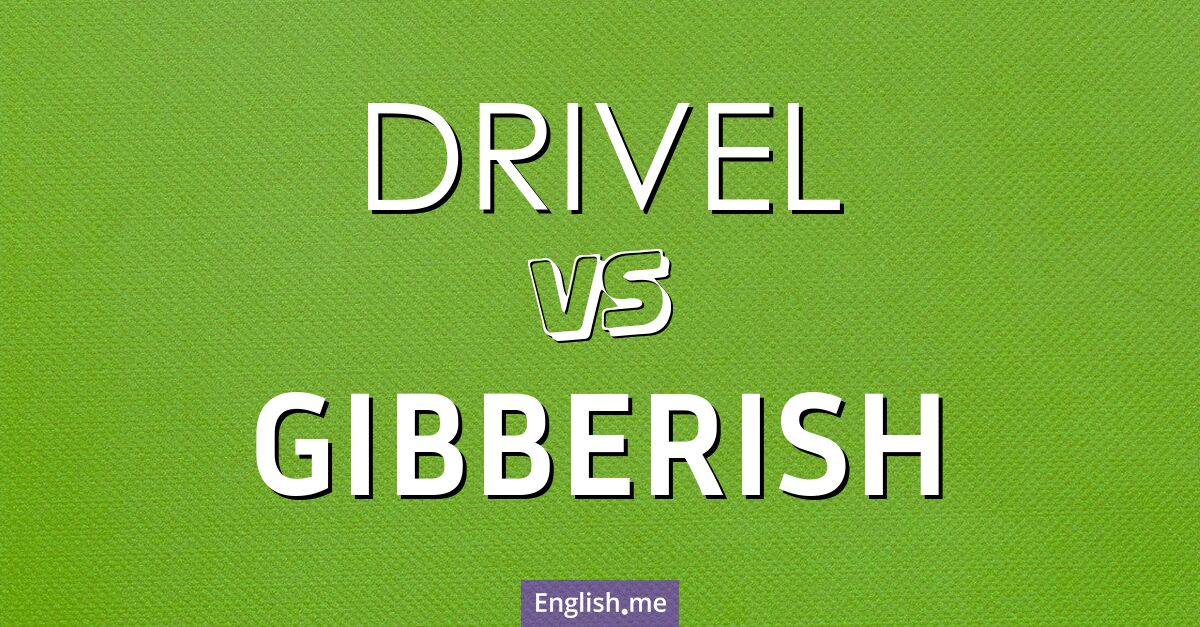
"Drivel" vs. "gibberish": when nonsense takes different shapes
"Drivel" typically has a connotation of foolishness or childishness and ... Learn more →
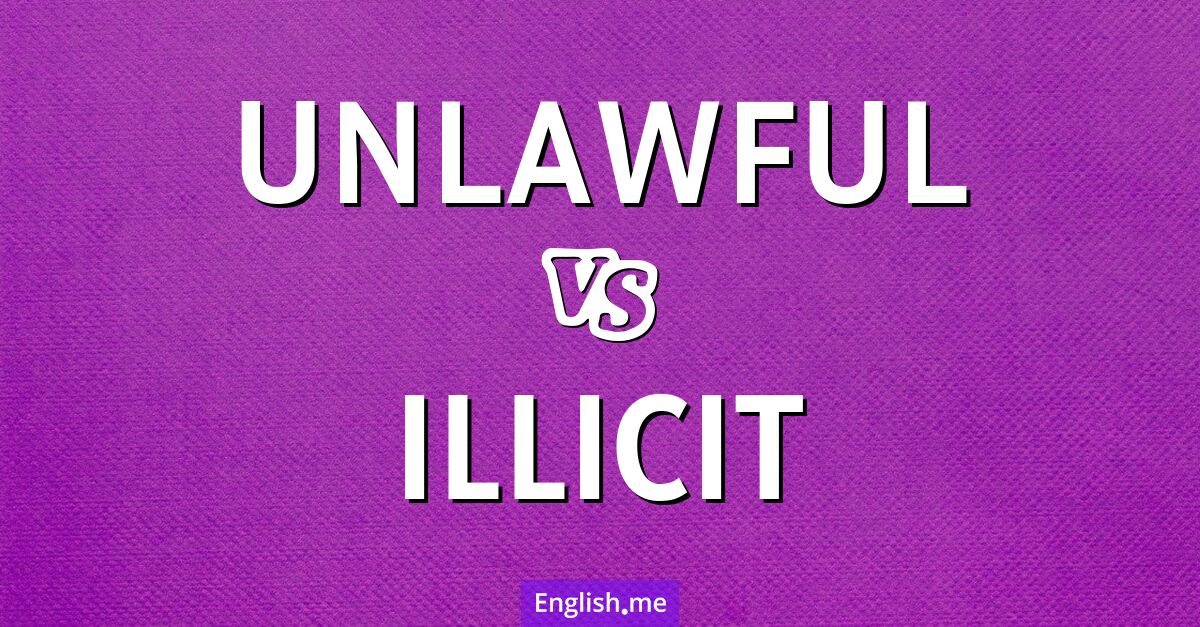
"Unlawful" vs. "illicit": when breaking the rules isn’t the same
"Unlawful" refers specifically to something that is illegal or not ... Learn more →
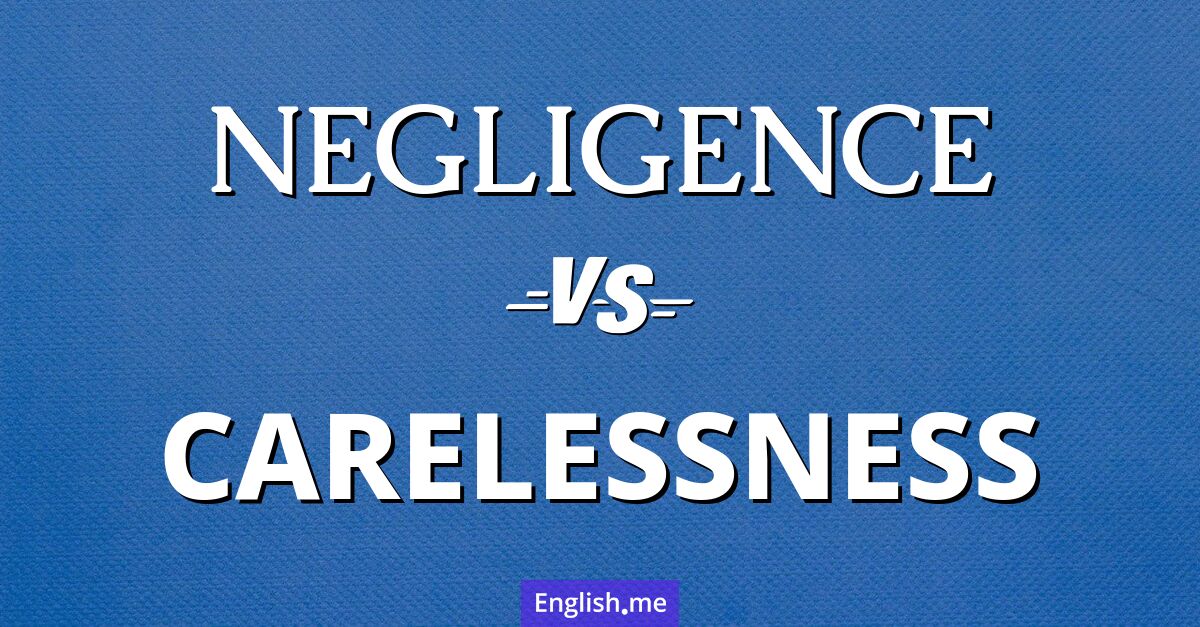
"Negligence" vs. "carelessness": close, but not the same
"Negligence" is often used in formal, legal, or professional contexts ... Learn more →
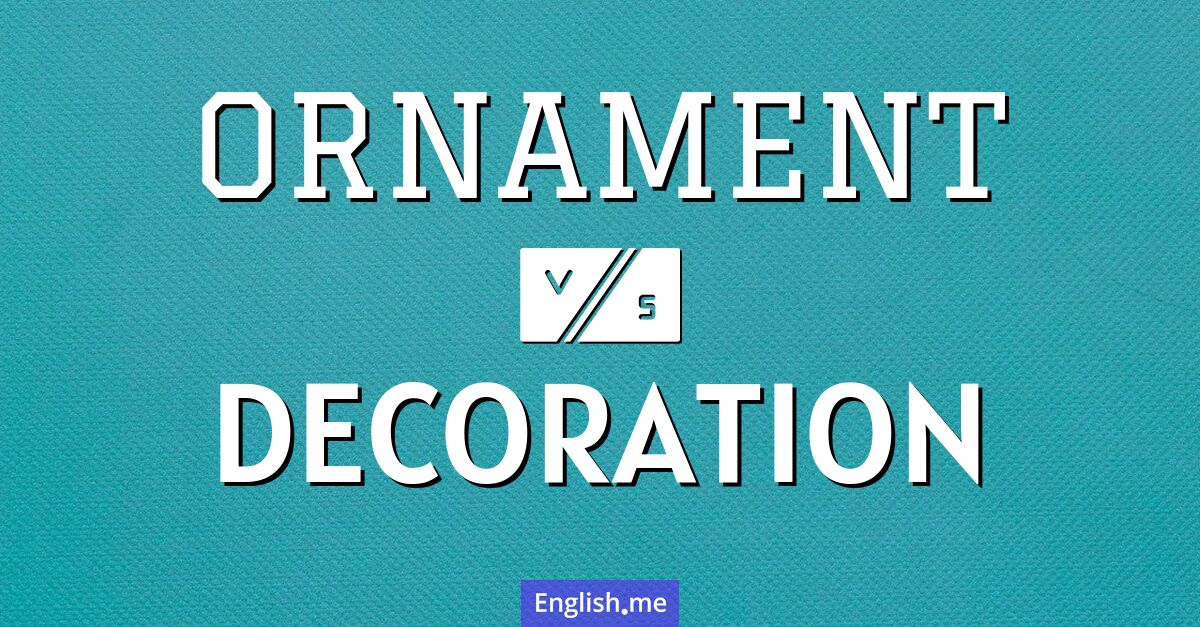
"Ornament" vs. "decoration": subtle nuances in adornment
"Ornament" often refers to a specific object or item, especially ... Learn more →

 English
English español
español française
française italiano
italiano deutsche
deutsche 日本語
日本語 polski
polski česky
česky svenska
svenska Türkçe
Türkçe Nederlands
Nederlands